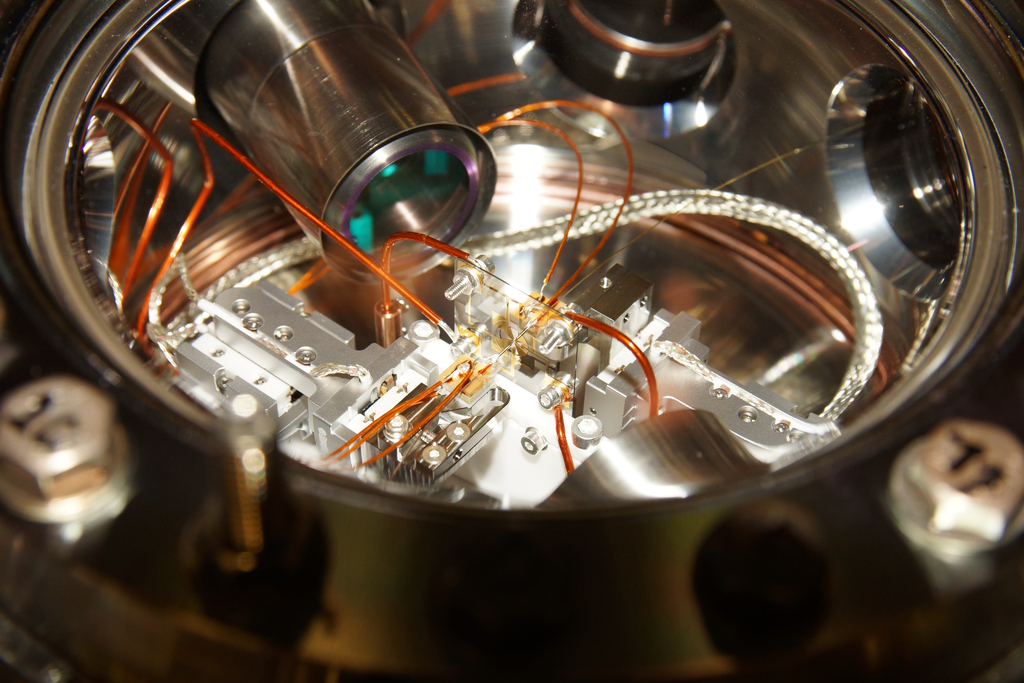An international team of researchers, including the group led by Tracy Northup at the University of Innsbruck (a quantA partner), has developed the world’s first operating system for quantum networks — QNodeOS. Published in Nature, this breakthrough brings quantum networking one step closer to practical implementation, laying the groundwork for the future of the quantum internet.
What is QNodeOS?
QNodeOS is the first fully programmable operating system designed to run quantum network applications. Similar to classical operating systems like Windows or Android, QNodeOS enables developers to write and execute applications directly on a quantum network without needing to understand the complexities of the underlying hardware.
This new system creates a software layer that connects quantum hardware and applications, significantly lowering the barriers for developing real-world quantum networking applications. As a result, programmers can now focus on the logic of their applications rather than being limited by hardware-specific coding requirements.
A versatile, hardware-independent quantum OS
One of QNodeOS’s most significant achievements is its hardware independence. The researchers successfully tested QNodeOS on two fundamentally different types of quantum processors:
- Trapped-ion processors at the University of Innsbruck
- Diamond nitrogen-vacancy (NV) centers
This demonstrates QNodeOS’s flexibility and compatibility with diverse quantum hardware, a critical feature for building scalable and heterogeneous quantum networks.
Why quantum networks need a dedicated OS
Unlike quantum computers, where a single program runs on one machine, quantum networks involve multiple devices — clients, servers, and nodes — that must communicate and coordinate through classical messages and quantum entanglement. QNodeOS solves the unique challenges posed by this distributed execution model, enabling the independent yet synchronized operation of applications across different network nodes.
The system will allow for the development of entirely new types of quantum applications — many of which we might not even be able to imagine today.
Part of the quantum internet alliance (QIA) vision
The development of QNodeOS is a crucial milestone in the Quantum Internet Alliance (QIA), a European initiative aiming to build the world’s first prototype quantum internet by 2030. Supported by Horizon 2020 and Horizon Europe, QIA unites over 40 leading academic, industrial, and research organizations, including the University of Innsbruck and quantA partners.
The operating system will also be integrated into QuTech’s Quantum Network Explorer, a testbed that will give a broader audience access to quantum networking technology and accelerate software development for quantum internet applications.
Looking ahead
With QNodeOS, researchers have created the essential software infrastructure for quantum networks — a significant leap from theory to practical implementation. The project paves the way for future quantum communication systems that will power secure communication, distributed quantum computing, and entirely new internet capabilities.
As the development of quantum networks accelerates, QNodeOS provides the solid foundation needed to explore, test, and realize the quantum internet of the future.
Read the full publication in Nature:
Wehner, S., Delle Donne, C., Iuliano, M., van der Vecht, B., et al. "An operating system for executing applications on quantum network nodes", Nature (2025)

